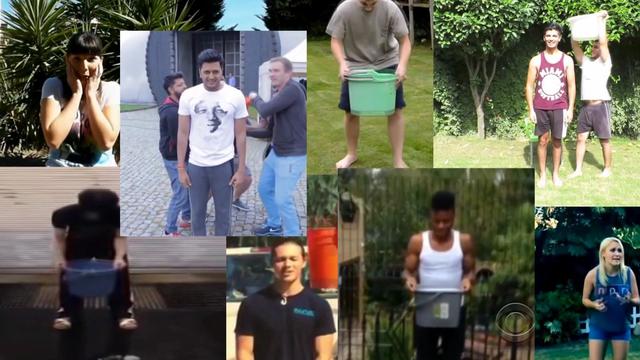
The ultimate reminder of Americans' altruism is in the Smithsonian
Remember the Ice Bucket Challenge? The blue ice bucket that started it all is being remembered for its key role in American history
Watch CBS News

Jan Crawford is CBS News' chief legal correspondent and contributes regularly to the "CBS Evening News," "CBS Mornings," and "Face the Nation," as well as CBS News Radio and CBSNews.com.
Crawford joined CBS News in October 2009. She had been a regular contributor to CBS News in 2005 to 2006.
Crawford is a recognized authority on the Supreme Court whose 2007 book, "Supreme Conflict: The Inside Story of the Struggle for the Control of the United States Supreme Court" (Penguin Press), gained critical acclaim and became an instant New York Times Bestseller. She began covering the Court in 1994 for the Chicago Tribune and went on to become a law and political correspondent for all ABC News programs, a Supreme Court analyst for "The NewsHour With Jim Lehrer" on PBS and a legal analyst for CBS News' "CBS Evening News" and "Face the Nation." She has reported on most of the major judicial appointments and confirmation hearings of the past 15 years and amassed crucial sources in the White House, the Justice Department and Congress along the way.
Chief Justice John Roberts granted his first network television interview to Crawford, just one of the rare interviews she was able to obtain with a total of five of the Court's current members, as well as retired Justice Sandra Day O'Connor. Crawford also sat down with then-86-year-old Justice John Paul Stevens in his first television interview, as well as Justices Clarence Thomas, Antonin Scalia and Stephen Breyer.
Crawford's in-depth reports on the Bush Administration's legal war on terror and her exclusive reports on controversial interrogation techniques used for terror suspects have received wide acclaim and been credited with being a catalyst for congressional hearings. Washingtonian Magazine named her one of Washington's top journalists.
Crawford began her journalistic career at the Tribune in 1987, joining the legal affairs beat in 1993, after her graduation from the University of Chicago Law School. The newspaper awarded Crawford its highest award in 2001, for her role on a team of reporters covering the presidential election of 2000, and the legal battles over the White House. She won the same prize for her 13-part series on the post-civil rights South, a project that brought her back to her native Alabama.
Crawford graduated from the University of Alabama in 1987. She has taught journalism at American University and frequently speaks about the Court to universities, law schools, legal organizations and civic groups across the country. She is a member of the New York Bar. She and her family live in Washington D.C.

Remember the Ice Bucket Challenge? The blue ice bucket that started it all is being remembered for its key role in American history

Last year, 33,000 high school seniors took a gap year -- nearly double the number from 2011
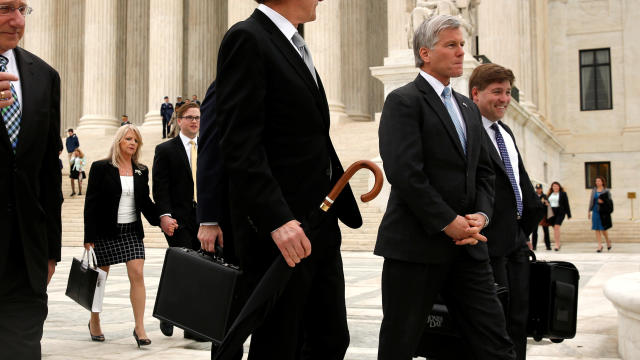
The former Virginia governor and his wife were convicted on conspiracy charges back in 2014
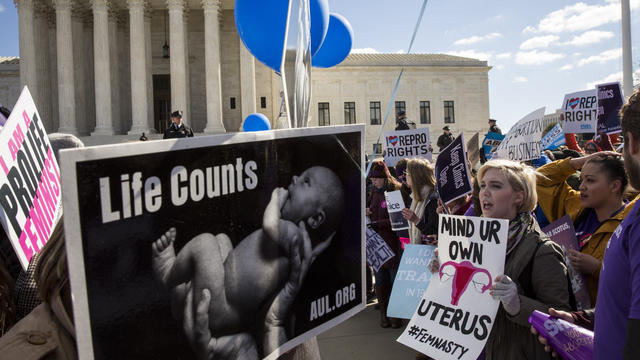
Supporters say Texas law that imposes strict standards on abortion clinics protects patients; but critics say it obstructs women's rights
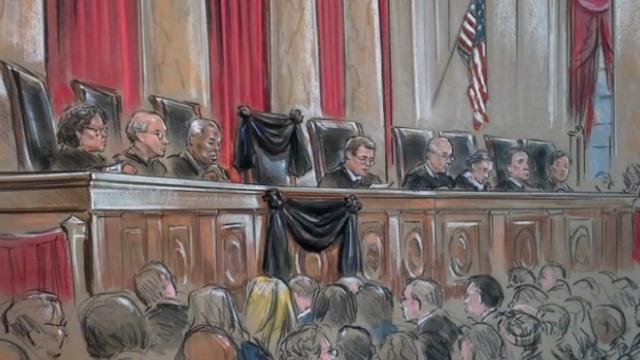
Justice Antonin Scalia's empty seat was a reminder of the political battle to replace him
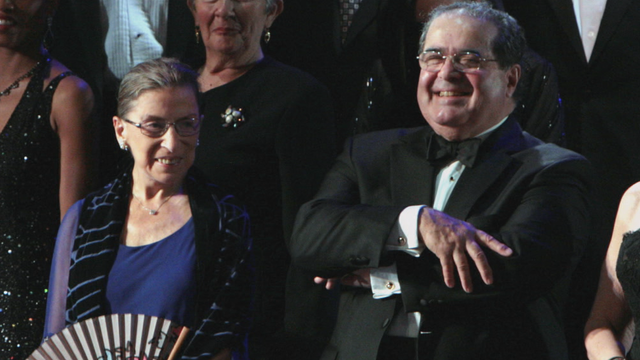
The friendship between Supreme Court Justices Antonin Scalia and Ruth Bader Ginsburg proved you could be deeply divided and still be civil
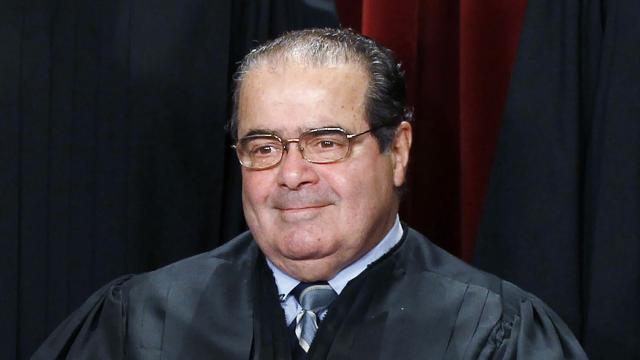
The current Supreme Court term is full of controversial cases that could end up in a 4-4 tie
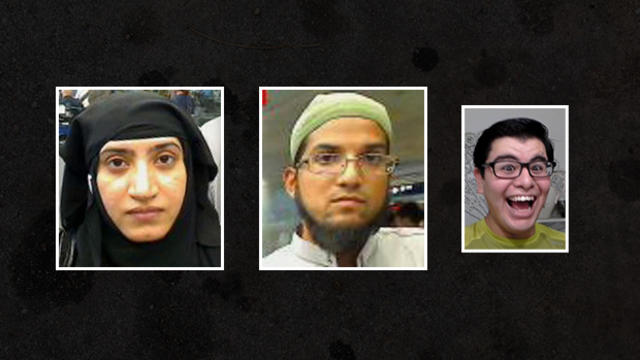
The FBI is investigating whether Syed Farook and his friend Enrique Marquez were planning a violent attack as far back as 2012
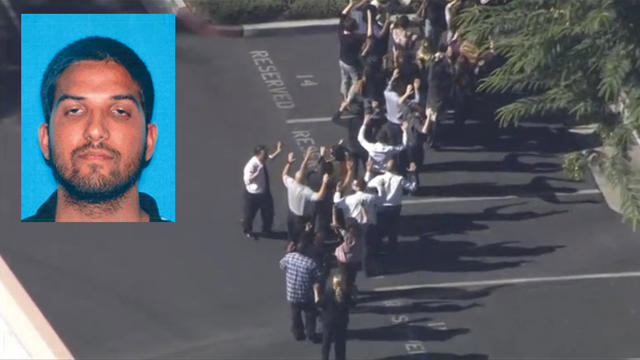
The FBI won't call the shooting a terrorist act yet, but it is leading the investigation because the case has some hallmarks of terrorism
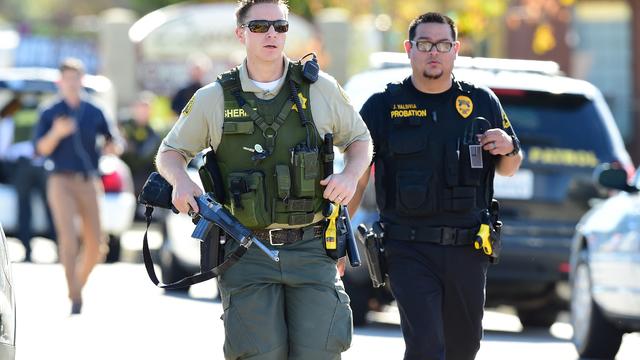
Wednesday's shooting at the Inland Resource Center in San Bernardino was the seventh major mass shooting in the U.S. since June
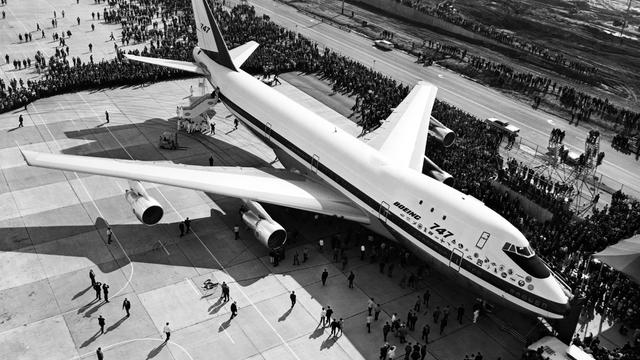
Dennis Muilenburg worries that without the financial backing Ex-Im provides airplane customers, Boeing will have to relocate

"In prayer there is no first or second class," Pope Francis told them. "There is brotherhood."

Some spent hours waiting for a few seconds that they will remember for the rest of their lives
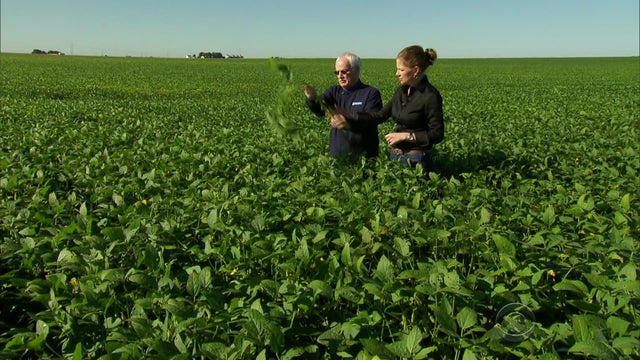
Financial turmoil in China could have devastating consequences for Iowa's farmers
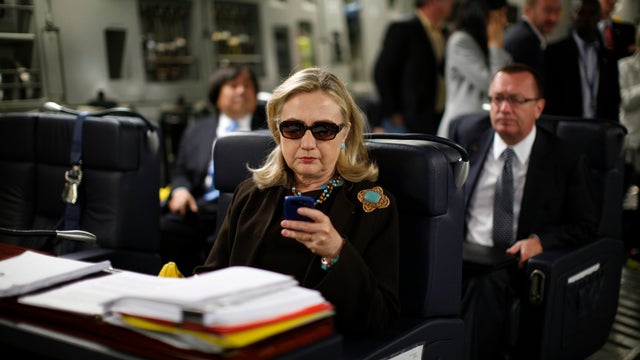
In court papers, State Department says it "does not believe that any personal computing device was issued by the Department" to Clinton